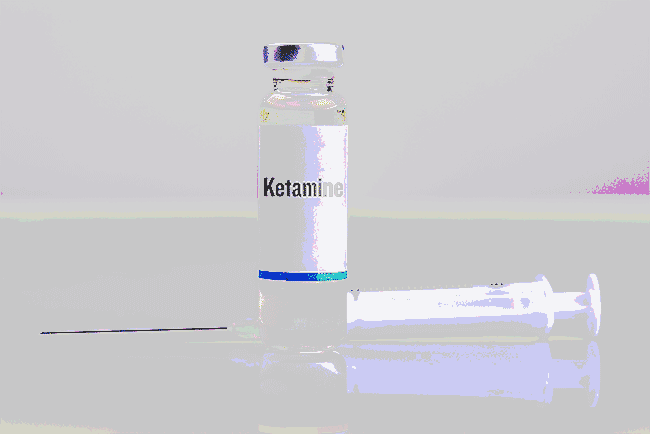
Ketamine therapy, also known as ketamine-assisted psychotherapy (KAP), is a relatively new treatment approach for addiction that has shown promising results for alcohol and cocaine addictions. Ketamine is a dissociative anesthetic that has been used for decades in the medical field for various purposes, including anesthesia and pain relief. However, in recent years, researchers have discovered that ketamine can also have therapeutic effects on mental health conditions and addiction.
Ketamine therapy for addiction involves a series of sessions with a trained therapist in which the patient receives a low dose of ketamine under medical supervision. The patient is then guided through a therapeutic session, which may involve a combination of talk therapy, mindfulness techniques, and other therapeutic modalities. The goal of the therapy is to help the patient gain insight into their addictive behaviors, develop coping skills, and change the underlying thought patterns and behaviors that contribute to addiction.
One of the benefits of ketamine therapy is that it works quickly. Unlike traditional talk therapy, which can take weeks or months to show results, patients often report feeling an immediate reduction in cravings and withdrawal symptoms after a ketamine session. This can be particularly helpful for patients who are in the early stages of recovery and are struggling to manage intense cravings and withdrawal symptoms.
Another benefit of ketamine therapy is that it can help patients access difficult emotions and memories that may be contributing to their addiction. Ketamine has been shown to enhance neural plasticity, which means that it can help the brain form new connections and pathways. This can be particularly helpful for patients who are struggling with trauma or other underlying mental health conditions that may be contributing to their addiction.
While ketamine therapy is still considered an experimental treatment for addiction, early research has shown promising results. A study published in the Journal of Psychoactive Drugs found that ketamine-assisted psychotherapy was effective in reducing alcohol cravings and increasing abstinence in patients with alcohol use disorder. Another study published in the Journal of Addiction Medicine found that ketamine therapy was effective in reducing cocaine cravings and improving overall mental health in patients with cocaine addiction.
It’s important to note that ketamine therapy is not a standalone treatment for addiction. It should be used as part of a comprehensive treatment plan that includes traditional talk therapy, support groups, and other evidence-based treatments. It’s also important to work with a trained and experienced therapist who can guide the therapy and ensure that it is safe and effective.
In summary, ketamine therapy shows promise as a treatment for alcohol and cocaine addictions. While more research is needed, early studies suggest that it can be an effective tool for reducing cravings, improving mental health, and supporting long-term recovery. If you or a loved one is struggling with addiction, it may be worth exploring ketamine therapy as part of a comprehensive treatment plan.